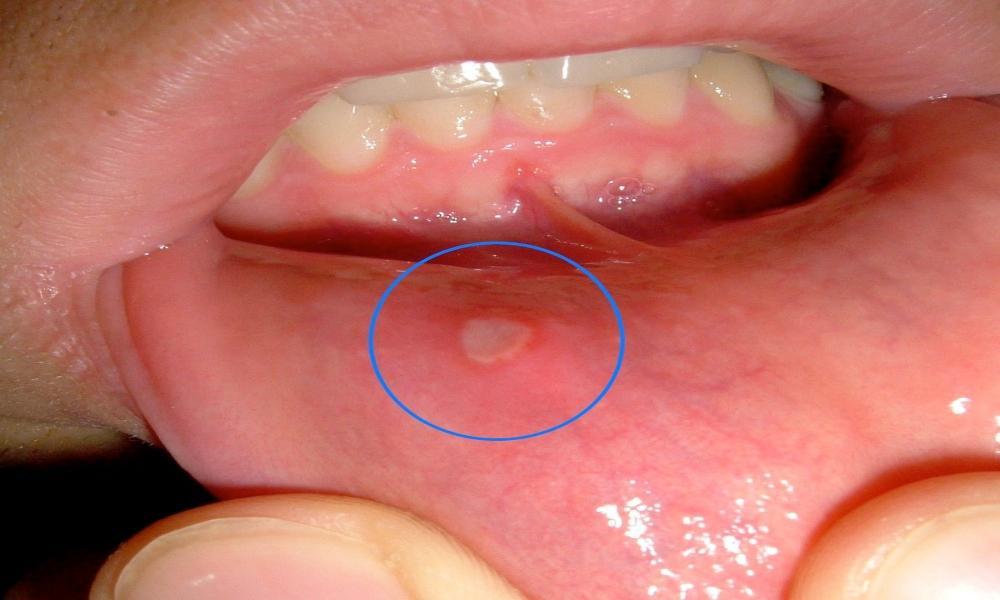Oral infections, if detected early, can be treated to enhance the prevalence of good mouth hygiene. If you are visiting a dental office in Modesto, the first way of identifying an oral infection is to look out for any changes in your mouth. Signs that may develop early on are Halitosis, bitter or metallic taste, or a phenomenon of altered taste perception.
You might also experience redness, inflammation, or even bleeding in your gums due to gingivitis, which is an early-stage gum disease. Furthermore, do not ignore white spots on the lining of your mouth or on your tongue, it may be oral thrush, a form of fungal infection.
The reason people need dental check-ups as frequently as their dentist may recommend is that a dentist can notice changes and signs of issues that you cannot.
What are Some of the Symptoms that are Often Associated with Oral Infections?
General signs and manifestations of oral infection may not be obvious and may depend on the stage and type of infection. Some of the symptoms are foul-smelling breath, red or inflamed gums, teeth that are sensitive, and open, painful ulcers in the mouth.
Further signs include having a bitter taste in the mouth, problems when swallowing food, or changes in gum color. This is the reason why such symptoms should be detected early so that they can be treated adequately before the illness progresses.
In What Way Can Home Remedy Be Helped to Professional Treatment?
A few remedies can be useful in the treatment of Oral Infections in cooperation with professional help. Warm salt water should be used to rinse in the mouth because it brings down swelling and the feeling of pain. For the patients complaining of soreness outside of the cheek, one can use a cold compress on the outside of the cheek to ease the discomfort.
One should also ensure that he or she practices good oral hygiene, does not consume opioids, and uses over-the-counter pain relief as required. However, a visit to the dentist can work to prevent such offenses with emphasis being put on home treatment methods.
What Can You Do to Minimize The Likelihood of Another Oral Infection?

Some of the recommendations for the prevention of new infections, which may affect the oral cavity, include practicing good hygienic practices within the oral cavity for example by brushing and flossing and attending regular dental appointments.
Others include taking healthy proportions in meals, abstaining from damaging practices including smoking, and health complications. One should strictly adhere to the dentist’s advice and ensure one completes the complete prescription to avoid the recurrence of the infection. Oral health checks help to prevent infections that may occur in the future hence consider it a permanent check-up.
Why Are Ordinary Dental Check-Ups Necessary?
It is also the view of this work that proper dental checkups should be done frequently so as to ensure early diagnosis of oral diseases. It is at these visits that dentists are able to detect any impending issues before they escalate and patients receive professional teeth cleaning to do away with the plaque and tartar that has built up.
Maintenance visits also provide an avenue for patients to air some issues and also to be advised on the most appropriate measures concerning oral hygiene. The regularity of dental check-ups can play a major role in the fight and treatment of oral diseases if people incorporate dental visits into their health maintenance schedule.
Conclusion
Infections in the oral cavity are other factors that can affect good oral health; therefore, they ought to be treated as soon as possible. Thus, by acknowledging signs and identifying the reasons as well as adhering to regulation measures, people can avoid oral infections. One must admit that without proper dental care and hygiene, a person becomes highly vulnerable to various infections of the mouth.


